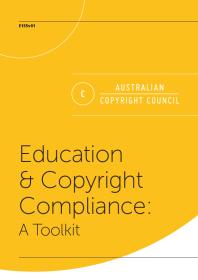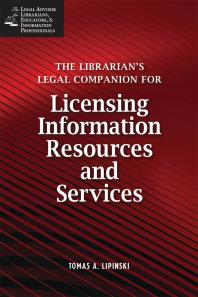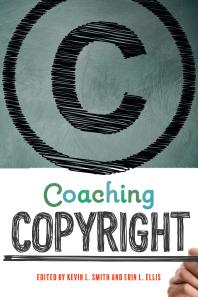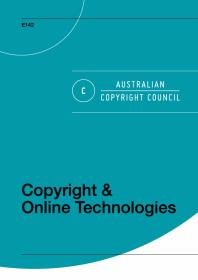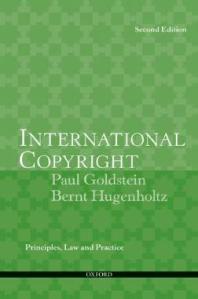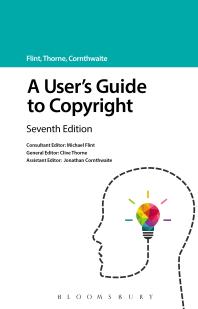- Journal articles, or excerpts from them
- Books, or excerpts from them
- Databases and electronic journals
- Musical works, scores, lyrics, and sound recordings
- Pictorial/graphic works, art, sculpture, photographs
- Audiovisual works, motion pictures, videos, video games
- Computer software
Copyright is probably not an issue when dealing with:
- Your lecture notes
- Your course syllabi/reading lists
- The problem sets you’ve developed for your courses
- The tests you’ve created for your courses
- Publications of the US Government
- Published works for which copyright has expired or does not apply, i.e. works in the Public Domain

